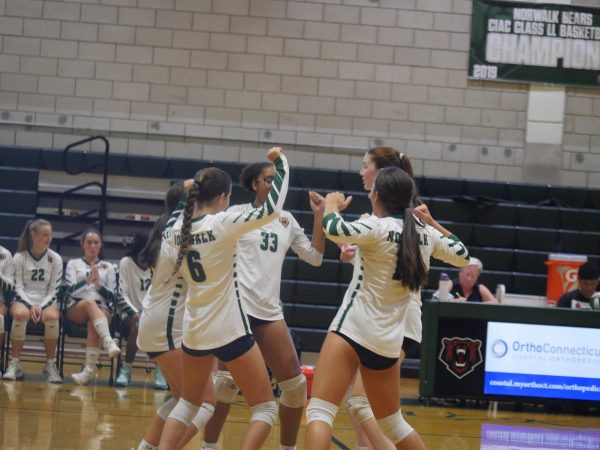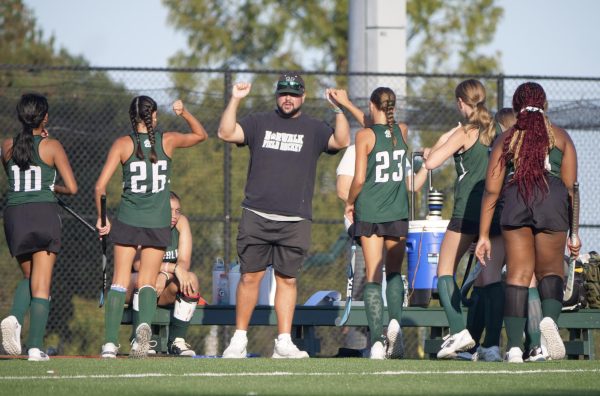Are We Really Adults At 18 Years Old?
Several parents question when they should stop helping their children out who are just entering adulthood. Whether that be financially or emotionally. For some households there tends to be an automatic switch that parents flip once their children turn 18. However, there is a distinct difference between enabling and helping.
Enabling a young adult can hold them back from persevering in the outside world and growing into a responsible adult. Although there is a large number of adults living with parents, it doesn’t always have to be seen as a negative aspect. This can help young adults save for their future, especially if they are full-time students, are just starting off their career, or are taking a break from school. Even though at 18 years old, someone is legally an adult, just a couple months prior, they were a high school senior who was in the process of submitting college applications.
A former Norwalk High School graduate says “I admit, it was tough being handed these responsibilities at just 18 years old. It threw me off when I needed to decide what college I wanted to go to but also had bills to pay. It was extremely stressful”. This person is just one of many that are immediately overwhelmed with responsibilities once they turn 18. They are then not able to profoundly think through their choices following their high school career and once they are capable of being financially independent they realize that they missed out on the opportunity to work towards their desired profession. In the process of changing enabling behaviors, there seems to be a lack of emotional support and though it isn’t completely reasonable for a parent to shield a young adult from essential liabilities, there is a middle ground that could work for many households where parents can gradually introduce certain responsibilities starting from a young age while still providing support. It shouldn’t always be about “preparing” your child for their future and forgetting the emotional support expected from the parent but rather seeing them through the beginning stages of adulthood while they get accustomed to their serious responsibilities.
Alyson Cabrera enjoys painting, watching crime documentaries, and listening to a variety of music. She is interested in exploring different styles of art...












